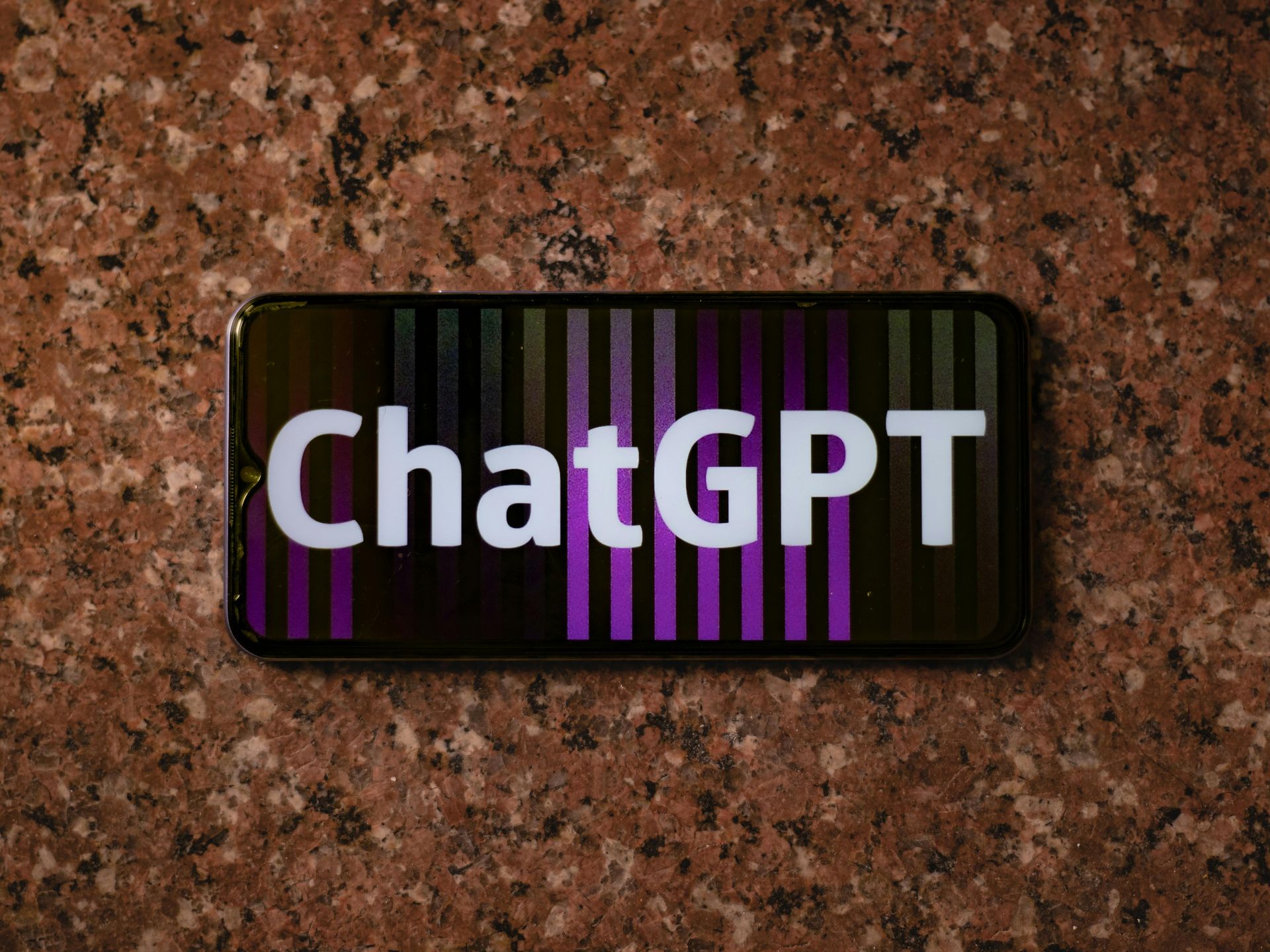The Power of Personalized Marketing: Enhancing Customer Engagement and Brand Loyalty
In today's digital marketplace, consumers expect personalized experiences tailored to their preferences and behaviors. Personalized marketing has become a crucial strategy for businesses aiming to enhance customer engagement and loyalty through their social media and their website user experience.
Understanding Personalized Marketing
Personalized marketing involves leveraging data analytics to deliver individualized content and offers to consumers. By analyzing customer data, businesses can create targeted campaigns that resonate with specific audience segments.
Benefits of Personalization
Voice searches differ from traditional text queries, often being longer and phrased as questions. To optimize for voice search, businesses should:
- Collect and Analyze Data: Gather data from various touchpoints to understand customer behavior and preferences.
- Segment Your Audience: Divide your customer base into distinct groups based on demographics, purchase history, and engagement levels.
- Utilize Automation Tools: Employ marketing automation platforms to deliver personalized content at scale.
Challenges and Considerations
While personalization offers numerous advantages, it's essential to address potential challenges:
- Data Privacy: Ensure compliance with data protection regulations and be transparent about data usage.
- Content Management: Develop a strategy to manage and deliver personalized content efficiently.
Conclusion
Personalized marketing is no longer a luxury but a necessity in the digital age. By focusing on individual customer needs and preferences, businesses can build stronger relationships and drive growth.











